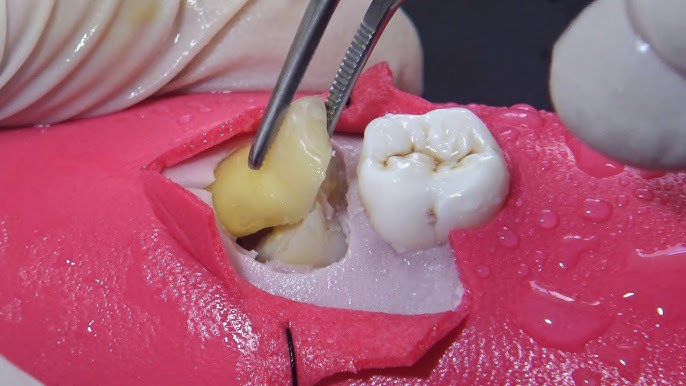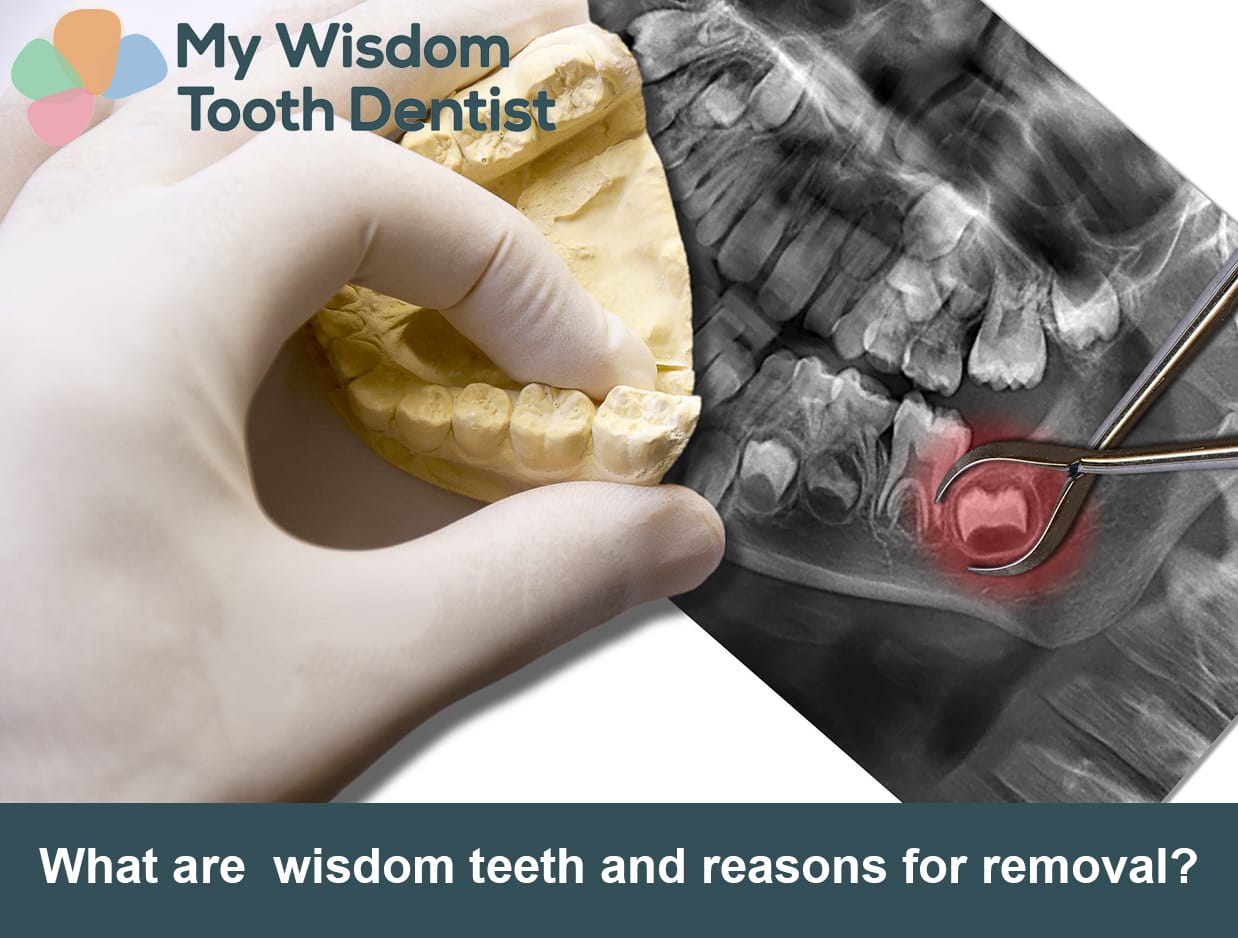Understanding the Process of Wisdom Teeth Removal Aspendale: A Comprehensive Overview
Understanding the Process of Wisdom Teeth Removal Aspendale: A Comprehensive Overview
Blog Article
Discovering Different Sedation Options for a Comfortable Wisdom Teeth Extraction Experience
When faced with the prospect of having wisdom teeth removed, guaranteeing a comfortable and pain-free experience is paramount. Making use of sedation throughout such procedures has actually ended up being significantly common to ease anxiety and pain. With a variety of sedation alternatives offered, from local anesthesia to basic anesthetic, each technique provides varying degrees of relaxation and pain control. Understanding the differences in between these alternatives and their suitability for specific demands is essential in ensuring a comfortable and smooth wisdom teeth removal process. wisdom teeth removal aspendale.
Regional Anesthesia
Regional anesthetic is a generally utilized method for numbing specific locations of the mouth throughout wisdom teeth extraction procedures. By carrying out an anesthetic, such as lidocaine, a dental professional can ensure that the person stays pain-free and comfortable throughout the extraction procedure. Local anesthesia jobs by temporarily obstructing the nerves in the mouth, preventing them from sending discomfort signals to the brain. This permits the dental practitioner to carry out the removal without causing any pain to the patient.
Among the primary advantages of neighborhood anesthesia is its targeted numbing impact, which suggests that just the specific area being treated is influenced. This local strategy lessens the danger of systemic adverse effects and enables for a quicker healing post-procedure. Additionally, neighborhood anesthesia is considered to be a routine and risk-free method in dental care, with minimal dangers included when provided by a skilled specialist.
Nitrous Oxide
Nitrous oxide, generally understood as laughing gas, is a kind of sedation typically used in dental care to help clients unwind throughout dental treatments. This sedation alternative permits the patient to remain responsive and aware throughout the procedure while really feeling at ease and comfortable.
Furthermore, nitrous oxide is recognized for its rapid recovery time. When the mask is removed, the results of the gas use off quickly, permitting patients to resume their normal tasks without remaining sedative impacts. This makes laughing gas a hassle-free option for those that need to drive themselves home after the dental appointment. Nitrous oxide is appropriate for clients of all ages, making it a flexible sedation option for wisdom teeth extractions and other dental treatments.
Oral Sedation
Dental sedation, a medicinal approach utilized in dental care, entails the administration of sedative medicines by mouth to induce a relaxed state throughout oral procedures. This kind of sedation is typically utilized for people undertaking wisdom teeth removal to ease anxiety and pain. The medicines recommended for oral sedation belong to a course of medications called benzodiazepines, which have sedative, anxiolytic, and amnesic residential or commercial properties. Commonly, the client takes the recommended medication prior to the procedure, enabling enough time for the sedative results to take hold.
Unlike intravenous sedation, dental sedation does not require injections or needles, making it a much more comfy option for individuals with an anxiety of needles. Additionally, oral sedation is thought about safe and efficient when administered by skilled dental experts.
IV Sedation
Administered intravenously by qualified physician, IV sedation is a powerful approach used to induce a controlled state of deep leisure and unconsciousness during oral procedures. Unlike oral sedation, which can be uncertain in its results, IV sedation permits accurate control over the degree of sedation, making it an ideal option for complicated treatments like wisdom teeth removals.
Throughout IV sedation, a sedative medicine is delivered directly right into the blood stream through a vein, allowing it to take effect rapidly and effectively. This technique makes certain that the patient stays comfortable and unaware of the treatment while still preserving important functions such as breathing and heart rate.
One of the main benefits of IV sedation is its ability to supply a deeper degree of sedation contrasted to other techniques, making it specifically ideal for people with high degrees of stress and anxiety or those undertaking extensive dental work (wisdom teeth removal aspendale). Furthermore, the effects of IV sedation usually use off gradually after the procedure, minimizing the probability of grogginess or remaining side impacts. Overall, IV sedation provides a safe and reliable alternative for ensuring a comfy and hassle-free experience throughout knowledge teeth extraction

General Anesthesia
Having discussed the advantages of IV sedation for wisdom teeth extraction, the usage of basic anesthesia gives an alternate option for patients needing a deeper level of unconsciousness during dental treatments. General anesthesia generates a regulated state of unconsciousness, making sure the individual really feels no pain or pain throughout the extraction process. This approach is especially useful for individuals with serious dental anxiousness, complex medical requirements, check or those undergoing several removals concurrently.
General anesthetic is carried out by a qualified anesthesiologist that very closely keeps track of the individual's important signs throughout the procedure. It includes using intravenous drugs or breathed in gases to generate a state of unconsciousness. While under general anesthesia, the client will certainly not be aware of the surgical procedure, experience any kind of discomfort, or have any kind of recollection of the treatment later.
Although general anesthetic is safe when administered by certified specialists, it lugs a slightly higher threat contrasted to other sedation options - wisdom teeth removal aspendale. People thinking about basic anesthesia for wisdom teeth extraction ought to discuss the possible threats and advantages with their dentist or oral doctor to make an informed decision based on their specific requirements and medical history

Verdict
In conclusion, various sedation options are available to guarantee a comfortable wisdom teeth extraction experience. Neighborhood anesthesia is typically utilized for numbing the particular area, while laughing gas provides relaxation and discomfort alleviation. Oral sedation and IV sedation offer deeper levels of relaxation, depending on the person's needs. General anesthesia can be utilized for extra intricate instances. It is essential to consult with your dental professional or oral surgeon to identify one of the most suitable sedation alternative for your treatment.
Nitrous oxide is suitable for people of all ages, making it a functional sedation alternative for other wisdom teeth extractions and various other dental treatments.

Report this page